As financial markets around the world are shaken by the Covid-19 pandemic and other systemic risks, many investors and savers are wondering if their money is safe in banks. According to a recent report by a leading global consulting firm, nearly 200 banks are at risk of collapsing, just like the now-defunct Silicon Valley Bank (SVB). In this article, we will explain what this means for you, and how you can protect your money from such risks.
What is the Risk of Bank Collapse?
A bank collapse occurs when a bank fails to meet its financial obligations to its depositors and creditors. This can happen for various reasons, such as bad loans, fraud, mismanagement, or external shocks. When a bank collapses, its depositors may lose part or all of their savings, depending on the amount and the legal framework. In some cases, governments may intervene to bail out or liquidate the bank, but this may also have consequences for taxpayers, investors, and the economy as a whole.
Who are the Banks at Risk?
According to the report, the banks at risk are mainly in emerging markets, such as Africa, Asia, and Latin America, where economic and political instability, weak regulations, and corruption are more prevalent than in developed markets. However, some banks in Europe and North America are also listed as at risk, due to their exposure to the global financial system and the pandemic. The report ranks the banks according to various criteria, such as capital adequacy, asset quality, profitability, and liquidity.
How to Check Your Bank’s Health?
To know if your bank is at risk of collapse, you can check its financial reports and ratings by independent agencies, such as Moody’s, Standard & Poor’s, or Fitch. These agencies use various methodologies to assess the creditworthiness of banks, based on their financial statements, risk profiles, and market trends. You can also check your bank’s website or ask your bank’s customer service for more information about its financial stability, deposit insurance, and risk management policies.
How to Protect Your Money?
Protecting your money is an essential aspect of personal finance. Here are some tips to help you keep your money safe:
- Use secure financial institutions: Choose a reputable bank or credit union that is insured by the Federal Deposit Insurance Corporation (FDIC) or National Credit Union Administration (NCUA).
- Monitor your accounts: Check your bank and credit card statements regularly to make sure there are no unauthorized charges or withdrawals.
- Use strong passwords: Use unique and complex passwords for all your financial accounts, and change them frequently.
- Beware of phishing scams: Be cautious of unsolicited emails, texts, or phone calls that ask for personal or financial information.
- Use two-factor authentication: Enable two-factor authentication for your financial accounts to add an extra layer of security.
- Keep your information private: Be careful not to share your personal information, such as your Social Security number or bank account number, with anyone you don’t trust.
- Invest in a safe: If you keep cash or valuable documents at home, consider investing in a safe to protect them from theft or damage.
By following these tips, you can help protect your money and ensure your financial security.





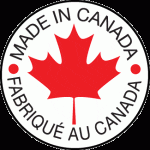
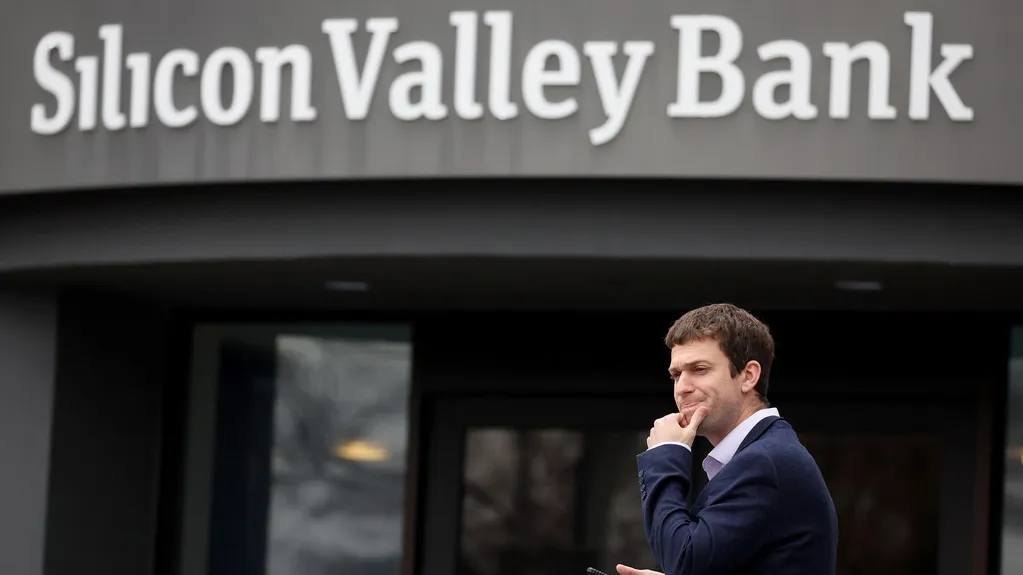
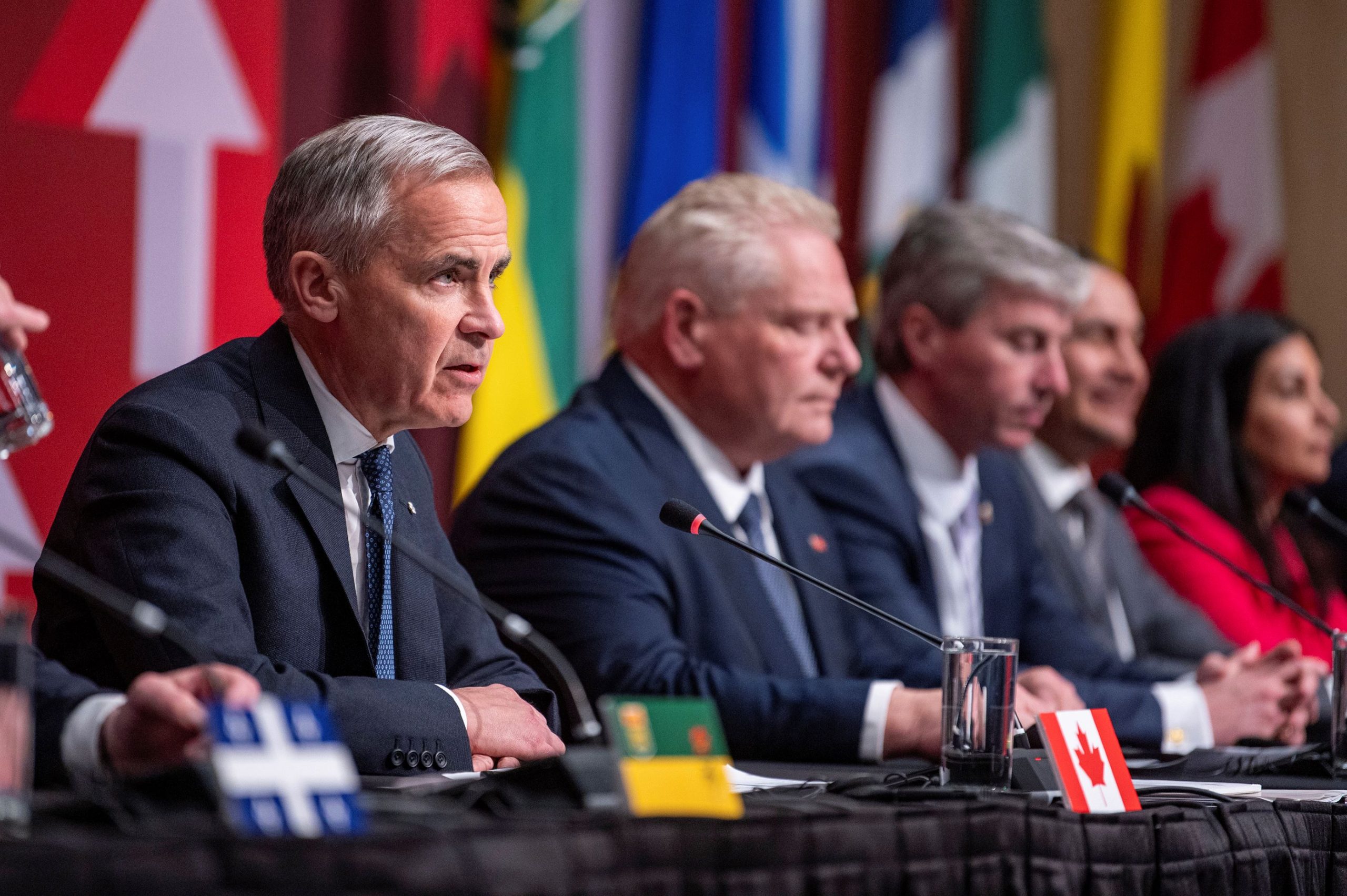
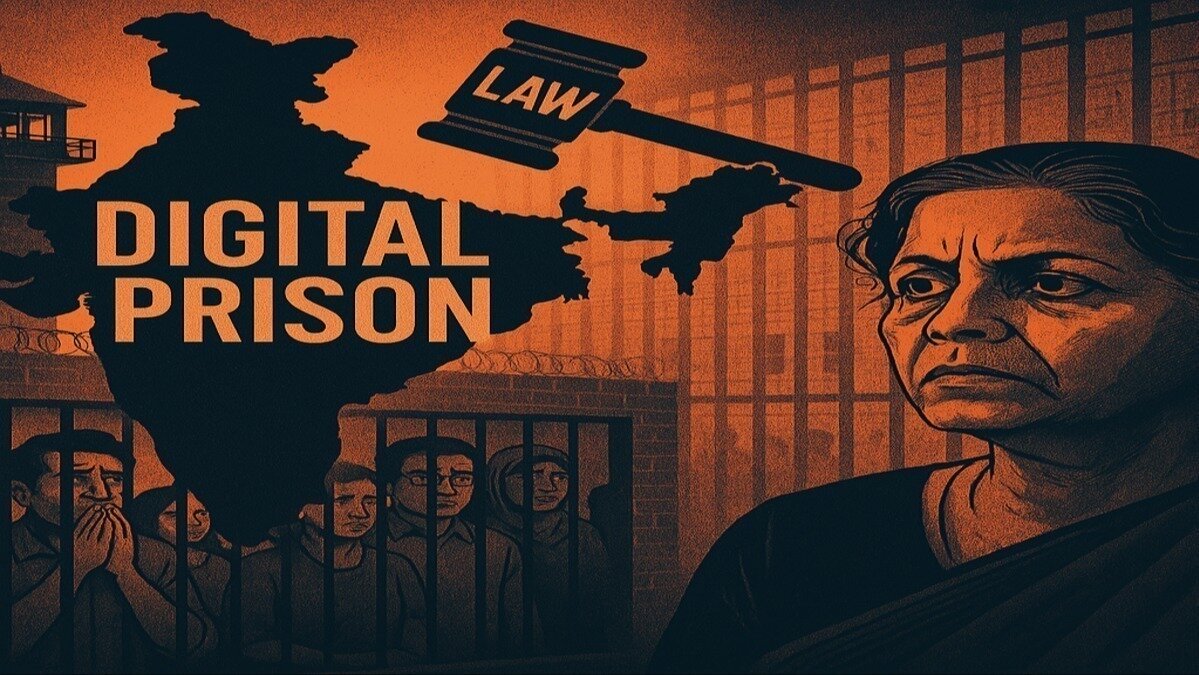

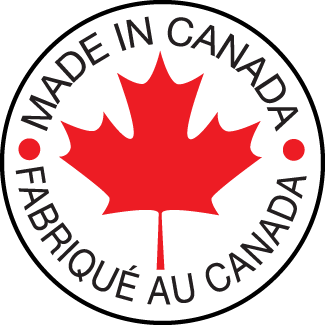
One thought on “Nearly 200 Banks at Risk of Collapse: How to Protect Your Money”